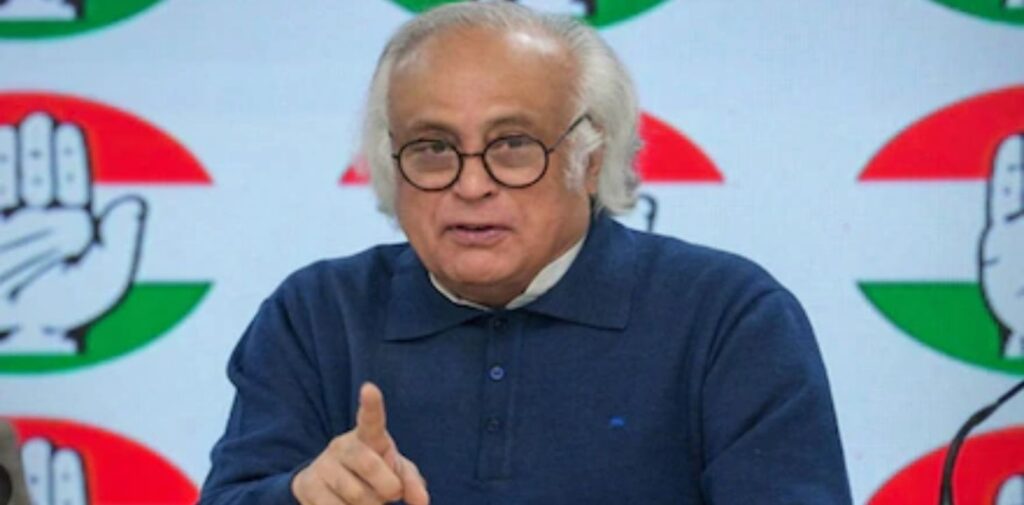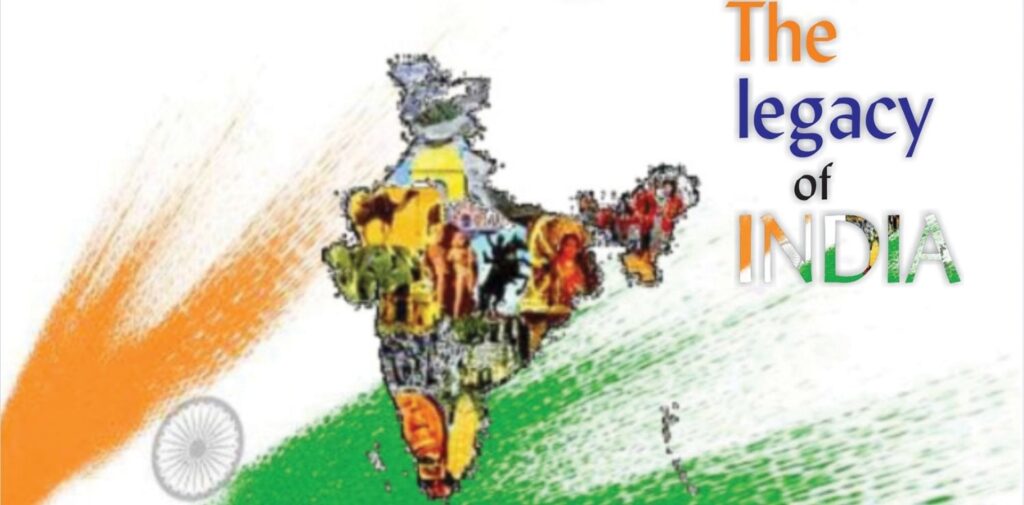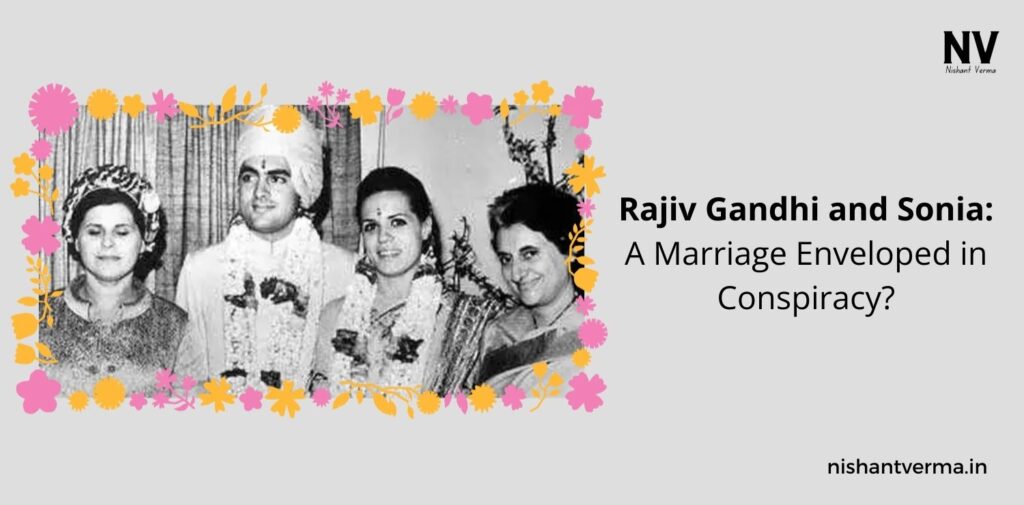Introduction: The Roots of a Controversial Union
Rajiv Gandhi and Sonia Marriage has long been the subject of speculation and controversy. Allegations have emerged suggesting that their union was not merely a romantic relationship but rather a part of a larger foreign conspiracy. The claim that Sonia’s father, Stefano Maino, had connections with the KGB during World War II adds layers to this narrative. Did Rajiv fall prey to a carefully orchestrated plan? And what does this mean for India’s political landscape?
The Allegations: A Web of Intrigue
- Stefano Maino and the KGB Connection: The narrative begins with Stefano Maino, Sonia’s father, who was reportedly indebted to the Russians for his survival during WWII. Allegations claim that he became involved with the KGB, potentially serving their interests after being released from prison. This backdrop raises questions about Sonia’s motivations and ties, suggesting that her path to Rajiv was part of a larger scheme to infiltrate the Indian political elite.
- The Enrolled Au Pair: Sonia, known then as Antonia, was purportedly sent to the UK under the pretext of attending an English language course. Allegations imply that this was a calculated move by the KGB, grooming her for a role that could facilitate their influence in Indian politics. Her job as an au pair in a bar, while seemingly benign, is portrayed as part of a broader strategy to assimilate her into British society and introduce her to influential circles.
- The Encounter with Rajiv Gandhi: The narrative suggests that Rajiv Gandhi, who was in the UK for his education, crossed paths with Sonia through mutual acquaintances. The claims of a “good time” shared among friends, which ultimately led Rajiv to fall in love with Sonia, paint him as an unsuspecting victim of a conspiracy. This portrayal is problematic, as it undermines Rajiv’s agency and reduces a significant political union to mere happenstance.
- The Wedding: A Dual Identity: Their marriage in a Roman Catholic church, followed by a Hindu ceremony officiated by Indira Gandhi, symbolizes the merging of two cultures and families. However, the claim that Rajiv changed his name to Roberto and Sonia was merely a pawn in a foreign plot casts a shadow over this union. Was it truly a marriage born of love, or was Rajiv manipulated into a position of vulnerability?

Congress’s Complicity: Political Self-Interest Over National Interest
- Prioritizing Personal Gain: The Congress party’s legacy is marred by allegations of prioritizing personal and familial interests over the nation’s welfare. Rajiv’s marriage is seen as a pivotal moment that led to a series of events benefiting the Gandhi family, often at the expense of national integrity. The suggestion that this union was orchestrated raises ethical questions about the motivations of those in power.
- Historical Context of Political Manipulation: Throughout India’s history, political dynasties have often leveraged personal relationships to consolidate power. The Congress party has been no exception, with the Gandhi family frequently accused of manipulating political narratives for their gain. This alleged marriage adds another layer to the debate about dynastic politics in India and the implications for democratic governance.
- The Price Paid by the Public: The broader Indian public has had to bear the consequences of decisions made in the name of personal interest. The lingering questions about Sonia’s background and alleged foreign ties have led to public distrust in the Congress party. Citizens are left wondering whether their leaders are acting in the best interest of the nation or merely pursuing their agendas.

The Legacy: A Cautionary Tale for Indian Politics
- The Rise of Sonia Gandhi: Sonia Gandhi’s ascent to political power after Rajiv’s assassination and her eventual leadership of the Congress party reflects the complexities of her background. Critics argue that her foreign ties and the circumstances of her marriage raise questions about her suitability to lead a nation with a complex historical and cultural fabric.
- Impact on Congress’s Reputation: The marriage and its alleged connections to foreign interests have tarnished the Congress party’s reputation. Public perception of Sonia as an “outsider” continues to impact her party’s image, raising concerns about loyalty and integrity within the political sphere.
- A Call for Transparency: Given the accusations surrounding Sonia’s origins and the alleged motives behind her marriage to Rajiv, there is a pressing need for transparency in Indian politics. The electorate deserves to know whether their leaders are truly representative of national interests or if they are entrenched in a web of foreign influence.

Conclusion: Truth of Rajiv Gandhi and Sonia Marriage
As the narrative surrounding Rajiv and Sonia Gandhi’s marriage unfolds, it highlights the complexities of love, power, and political allegiance. The allegations of foreign conspiracy pose significant questions about the implications for India’s political landscape. It is crucial for the Indian public to scrutinize the motives of their leaders and demand accountability.
The Congress party, in particular, must confront these allegations head-on. Understanding the truth behind Rajiv and Sonia’s union is not merely about personal histories; it is about the integrity of Indian democracy itself. As the nation grapples with the consequences of dynastic politics and foreign influence, the story of Rajiv and Sonia Gandhi serves as a cautionary tale of how love, power, and ambition can intertwine, shaping the course of a nation.




